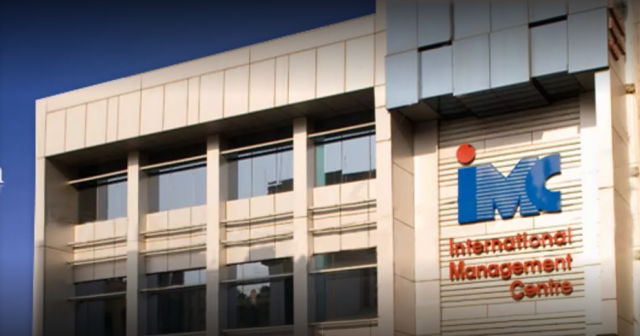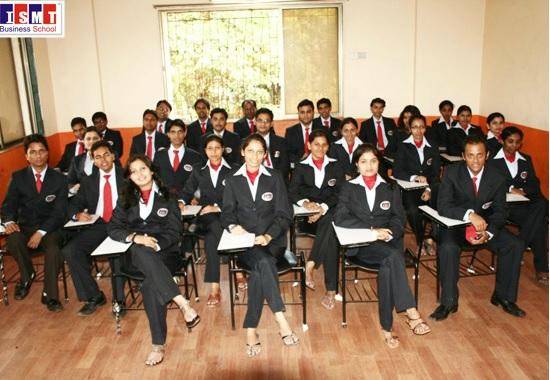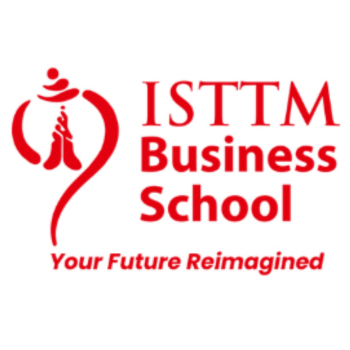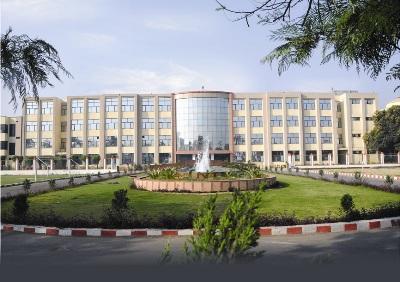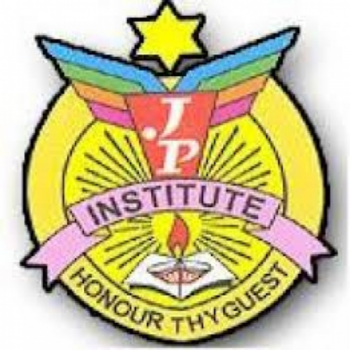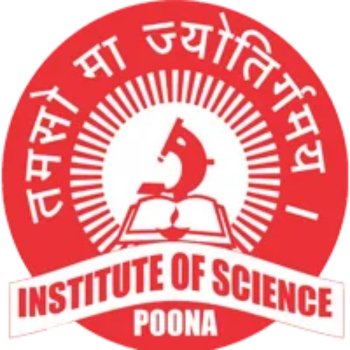Ghanshyam Binani Academy of Management Sciences (GBAMS) in Mirzapur stands as a notable institution in Uttar Pradesh's management education landscape, particularly recognized for its commitment to developing industry-ready professionals. Established in 1998, this private AICTE-approved college offers undergraduate and postgraduate programs like BBA and MBA/PGDM, with a focus on blending theoretical rigor with practical exposure. The academy's placement record reflects its dedication to student employability, though challenges in recruiter engagement persist. Below is a comprehensive analysis of GBAMS' placement ecosystem, structured to provide actionable insights for prospective students.
Table of Contents
GBAMS Uttar Pradesh-Placement Overview
| Branch/Course | Average Package (LPA) | Highest Package (LPA) | % Placed / No. Placed | College Average Placement (LPA) | Additional Info | Student Review on Placement Data |
| MBA | 4.5 | 8.2 | 70% | 4.5 | 2-year PG program | Limited campus recruitment opportunities |
| BBA | 3.2 | 6.5 | 65% | 4.5 | 3-year UG program | Few companies visit for placements |
Interpreting the Data
- MBA Program: Records a 70% placement rate with a highest package of ₹8.2 LPA, though students report constrained corporate engagement. The average salary aligns with the college-wide benchmark of ₹4.5 LPA.
- BBA Program: Shows a 65% placement rate and a peak offer of ₹6.5 LPA. Feedback indicates sporadic recruiter presence, impacting placement consistency.
These figures situate GBAMS within the mid-tier spectrum for management colleges in North India, where similar institutions report average salaries of ₹3–5 LPA for entry-level roles.
GBAMS Uttar Pradesh-Strategic Placement Initiatives
GBAMS employs a multi-pronged approach to enhance student employability:
- Industry Interface: Regular workshops and guest lectures from business leaders bridge academic concepts with real-world applications.
- Skill Development: Modules on communication, analytics, and digital literacy are integrated into curricula to meet evolving market demands.
- Internship Mandates: All programs require structured internships, enabling students to gain hands-on experience and industry connections.
Despite these efforts, infrastructural constraints and geographic location limit high-frequency recruiter visits, a common challenge among tier-2 management institutes.
GBAMS Uttar Pradesh-Sectoral Opportunities for Graduates
GBAMS alumni typically secure roles in these domains:
- Sales and Marketing: Dominant sector for BBA graduates, with opportunities in FMCG, retail, and e-commerce.
- Finance and Operations: Preferred by MBA graduates, especially in banking, logistics, and SME consulting.
- Emerging Sectors: Digital marketing and EdTech have shown increased recruitment in recent years.
Regional companies like mid-sized manufacturing firms and local financial institutions form the bulk of recruiters, supplemented by occasional national brands.
GBAMS Uttar Pradesh-Student Strategies for Placement Success
Proactive measures can significantly improve placement outcomes:
- Certification Augmentation: Pursuing courses in data visualization (e.g., Tableau) or digital marketing enhances résumé competitiveness.
- Networking: Engaging with alumni and industry events expands professional connections beyond campus drives.
Portfolio Development: Documenting internship projects and academic research provides tangible proof of competency to employers.
GBAMS Uttar Pradesh-Institutional Advancements and Outlook
GBAMS is scaling initiatives to address placement gaps:
- Corporate Partnerships: Forging alliances with industry bodies to increase recruiter inflow.
- Entrepreneurship Cells: Incubating student startups to diversify career pathways beyond traditional placements.
- Global Exposure Programs: Exploring international collaborations for cross-border internships.
The academy’s focus remains on elevating placement metrics through sustained industry-academia synergy, aiming to align outcomes with national management education standards. Ghanshyam Binani Academy of Management Sciences continues to evolve its placement framework, balancing regional constraints with proactive skill-building. While opportunities for campus recruitment require expansion, the institution’s foundation in practical pedagogy positions students to navigate the competitive job market effectively. Future advancements in corporate linkages hold promise for improved graduate outcomes.

